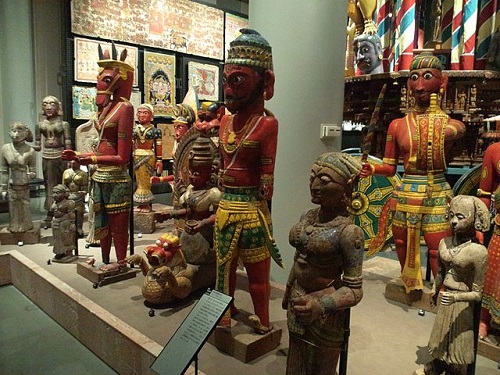
ethnology [eth-nol-uh-jee] ExamplesWord Origin noun
- a branch of anthropology that analyzes cultures, especially in regard to their historical development and the similarities and dissimilarities between them.
- (formerly) a branch of cultural anthropology dealing with the origin, distribution, and distinguishing characteristics of human societies.
Origin of ethnology First recorded in 1835–45; ethno- + -logy Related formseth·no·log·i·cal [eth-nuh-loj-i-kuh l] /ˌɛθ nəˈlɒdʒ ɪ kəl/, eth·no·log·ic, adjectiveeth·no·log·i·cal·ly, adverbeth·nol·o·gist, noun Examples from the Web for ethnologist Contemporary Examples of ethnologist
“Halet was always respected by the farmers,” said the Danish-German ethnologist Ulla Johansen.
The Week in Death: The First Muslim Female Olympian Snubbed Adolf Hitler
The Telegraph
January 26, 2014
Historical Examples of ethnologist
I am not a proper archæologist nor an anthropologist nor an ethnologist.
D. H. Lawrence
The ethnologist sees in it the incompatibility of Celt and Saxon.
William Pitt and the Great War
John Holland Rose
She was a Frenchwoman: an ethnologist could have told that at a glance.
Mayne Reid
What a study for an ethnologist is that band of odd-looking men!
Mayne Reid
Following is a sketch of what is known about it, so far as it is of importance to the ethnologist.
Franz Boas
British Dictionary definitions for ethnologist ethnology noun
- the branch of anthropology that deals with races and peoples, their relations to one another, their origins, and their distinctive characteristics
Derived Formsethnologic (ˌɛθnəˈlɒdʒɪk) or ethnological, adjectiveethnologically, adverbethnologist, noun Word Origin and History for ethnologist ethnology n.
1842, from ethno- + -logy. Related: Ethnologist.
ethnologist in Culture ethnology [(eth-nol-uh-jee)]
The study of contemporary cultures, in order to develop a theoretical framework for analyzing human society. Cultural anthropologists generally study societies by living among the people, observing, interviewing, and participating in their activities. More than simply describing the customs of these societies, anthropologists attempt to uncover underlying patterns and structures of cultural characteristics, such as language, mythology, gender roles, symbols (see also symbol), and rituals.
 Liberal Dictionary English Dictionary
Liberal Dictionary English Dictionary